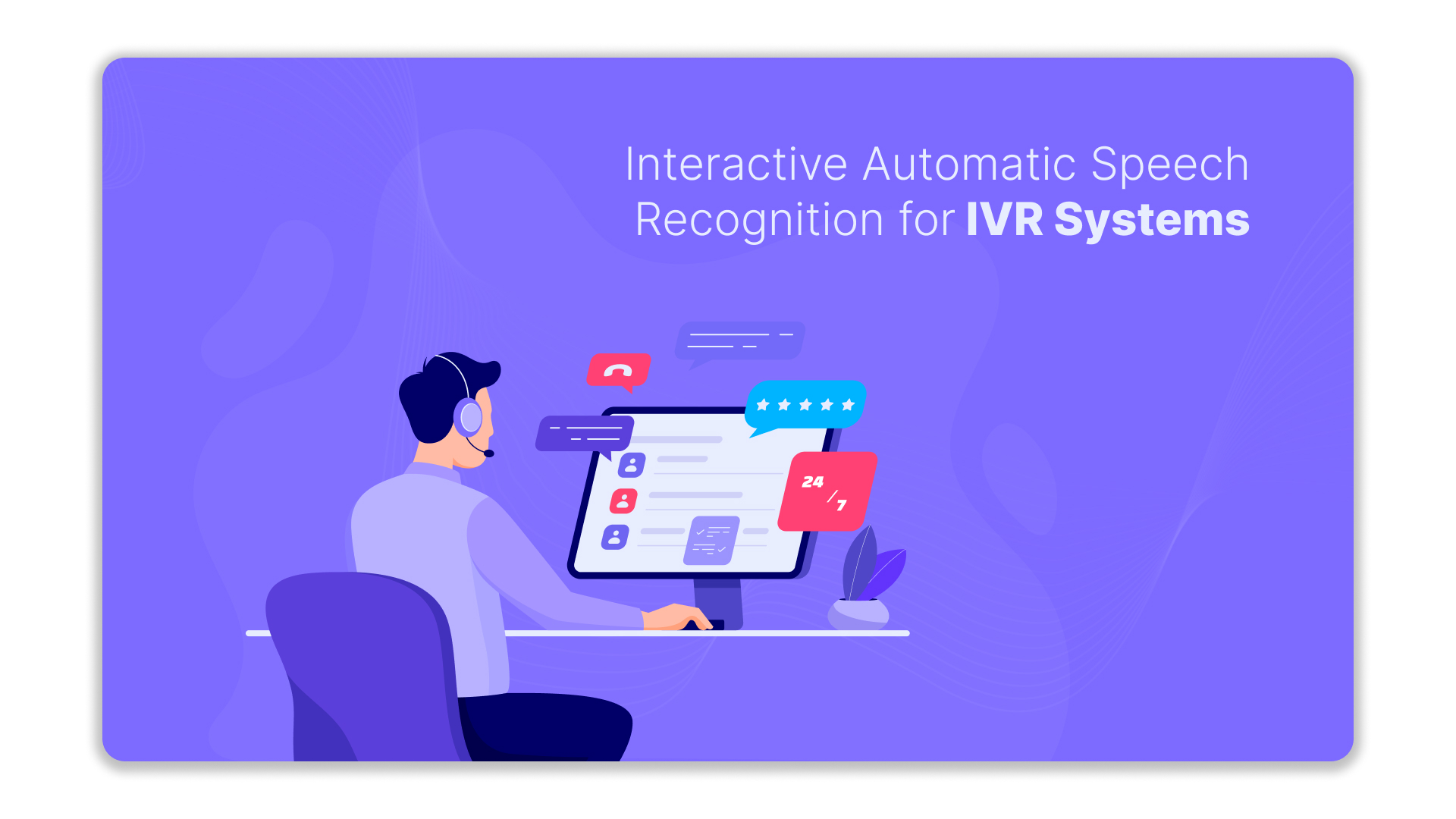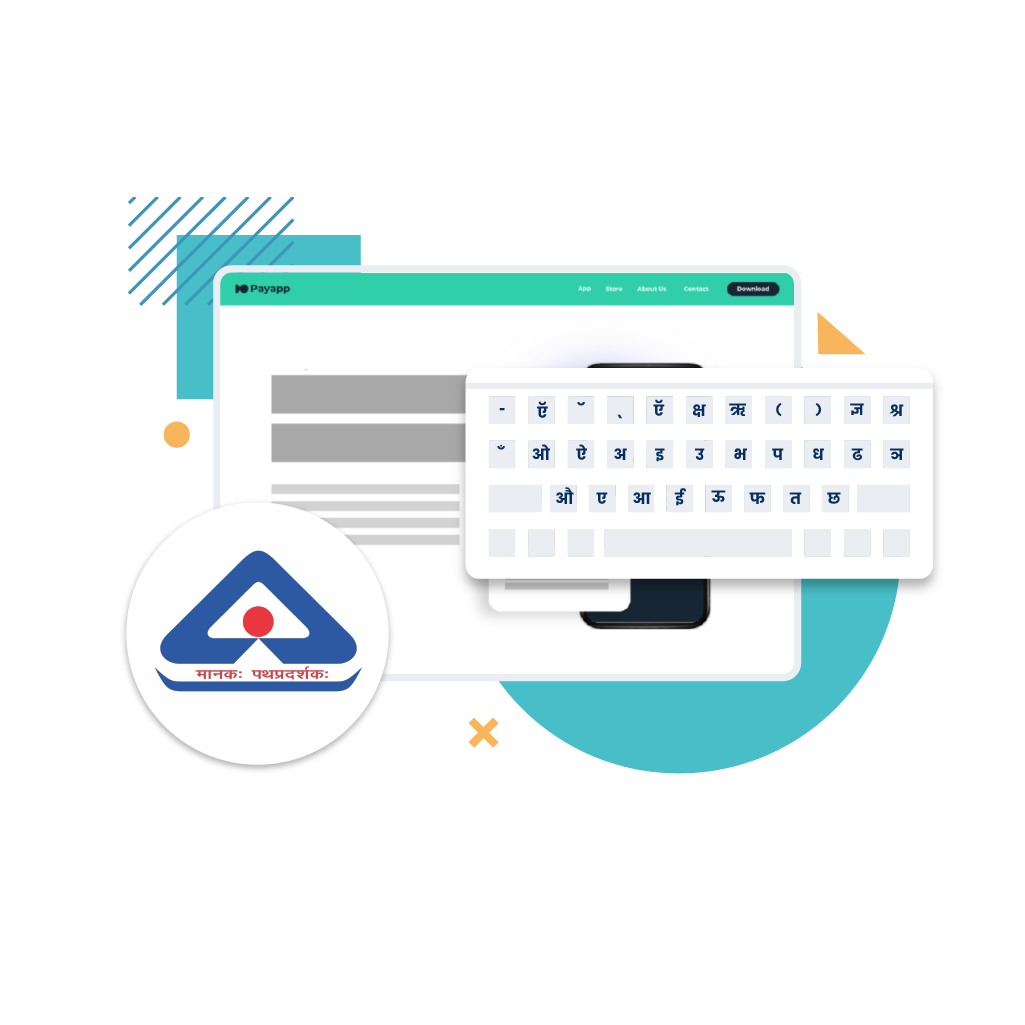Customer expectations in voice channels have shifted fast. Callers want clear responses and quick resolutions without repeating themselves or pressing endless keypad options. Contact centres still rely heavily on voice, yet many struggle with legacy systems that can’t handle natural conversation.
85% of customer service leaders are planning to try conversational AI. That figure reflects a deeper frustration we hear from operations teams: Traditional Interactive Voice Response (IVR) is too rigid and too slow.
In this blog, we explore how these common enterprises use automatic speech recognition for IVR. You will see how smarter voice interfaces reshape customer journeys and deliver measurable operational value.
Key Takeaways
- Improved Customer Satisfaction: ASR for IVR reduces call handle times and increases first-contact resolution, boosting customer satisfaction.
- Scalability: Implementing ASR technology in IVR systems reduces reliance on human agents, enabling businesses to scale efficiently.
- Better Record Accuracy: ASR technology enhances transcribed records, benefiting regulated industries like healthcare and finance.
- Industry Adoption: 85% of service leaders are piloting conversational AI; businesses need to integrate ASR for IVR to maintain competitive service.
What Does Automatic Speech Recognition (ASR) Bring to IVR?
Automatic Speech Recognition (ASR) for IVR systems offers organisations the ability to transition from traditional to dynamic, intelligent voice interactions. At its core, ASR for IVR converts spoken language into text, enabling the system to understand customer requests intelligently.
Instead of relying on static options or keypad inputs, customers can speak naturally, and the system processes those requests in real time. This flexibility in interaction simplifies the customer journeys.
Impacts of ASR in IVR Businesses:
As an IVR provider, your success depends on delivering value to your clients. For IVR businesses, ASR elevates your solutions from basic utilities to intelligent systems.
- With ASR’s ability to accurately understand customer requests, IVR systems can resolve issues more effectively the first time around.
- Automatic transcription of calls supports compliance needs by maintaining accurate, searchable records of each customer interaction. This becomes a critical factor for regulated industries like healthcare and finance.
- Businesses will see an immediate impact on operational metrics like average handle time (AHT) and call containment rate, helping contact centres handle higher volumes of calls.
- ASR can lead to a significant reduction in customer service costs, with improvements to both service delivery and customer retention.
- With voice commands, ASR enables customers to replace traditional Dual-Tone Multi-Frequency (DTMF) input, providing an intuitive experience. So, customers can now express their needs, saving them time and frustration.
With more customers expecting fast service, and contact centres looking to scale, ASR offers a way to simplify workflows.
Your IVR can now transcribe speech. But can it understand intent? That’s the real conversation. Because a customer who feels heard is a customer who stays.
Also Read: Top Use Cases for AI Voice Agents in Retail and E-Commerce
The Compact Pipeline View ASR for Indian Businesses
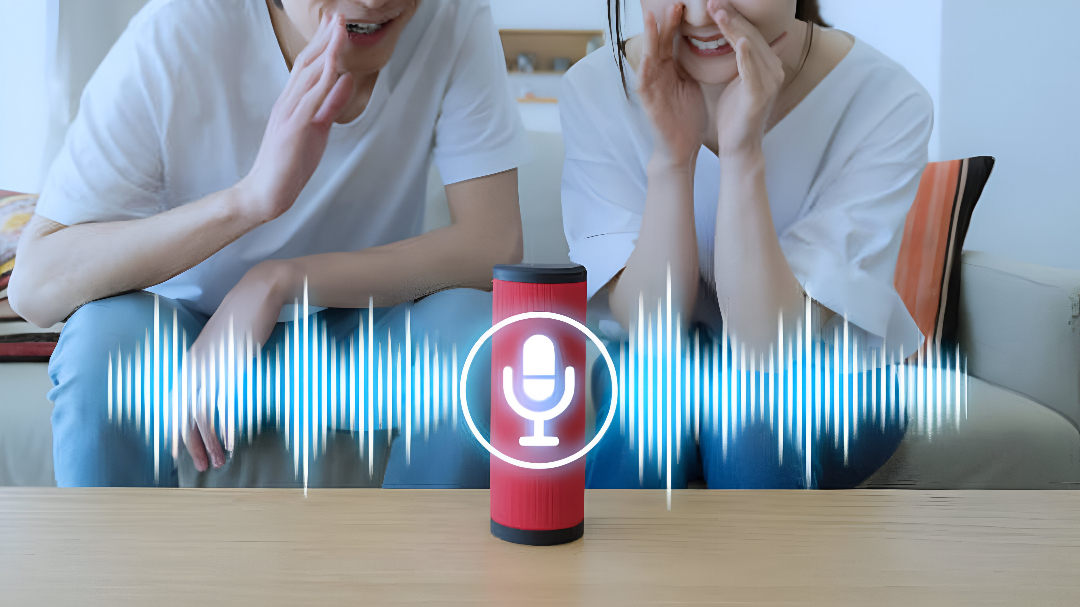
For business leaders, understanding the core mechanics of Automatic Speech Recognition (ASR) is critical for successful IVR integration. This knowledge goes beyond recognising the benefits.
It enables you to set realistic expectations and design a system that precisely aligns with your operational needs.
Here’s what you need to know
1. Audio Capture
The journey begins with audio capture. In a contact centre, audio data is collected from calls via telephony systems. The system uses codecs such as G.711 or G.729, which ensure high-quality audio encoding suitable for speech recognition.
These codecs compress the audio data for transmission and preserve speech clarity even in varied network conditions.
2. Preprocessing
Once the audio is captured, the system moves to preprocessing. Here, several techniques are applied to improve audio clarity and make it easier for the ASR system.
Noise reduction removes background sounds, and normalisation ensures consistent volume levels across different calls.
Silence trimming eliminates dead air. Voice Activity Detection (VAD) helps identify the moments when speech is actually occurring, enhancing system efficiency.
3. Feature Extraction
The next step in the process is feature extraction, where the system breaks down the audio into measurable components. This stage uses Mel-Frequency Cepstral Coefficients (MFCCs), which are features that mimic the human ear’s sensitivity to various speech sounds.
Additionally, log-mel spectrograms provide a visual representation of sound frequency over time. It further helps the system understand and distinguish different phonetic elements in speech.
4. Acoustic Modelling
The extracted features are then processed through acoustic models. These models match the speech features to phonetic units (i.e., sounds and syllables).
The two main types of models used in ASR are Hidden Markov Models (HMMs) and Deep Neural Networks (DNNs).
HMMs are effective at modelling time-dependent patterns in speech. DNNs are better at capturing complex relationships between speech patterns, providing a significant boost in accuracy.
5. Language Modelling
To make sense of the speech and predict what comes next, language models are used. These models help the system understand the context of the words being spoken.
In traditional n-gram models, the system predicts a word based on the previous words.
Modern neural language models (LMs) use recurrent neural networks (RNNs) or Transformers to predict the most likely sequence of words based on a larger context.
For businesses, this helps in understanding industry-specific jargon and improving accuracy in fields like healthcare or finance.
6. Decoding
The decoding phase is where all the processed data comes together. The system uses a lexicon that maps words to their phonetic representations, enabling the recognition of spoken words.
It then applies search algorithms, like beam search or Viterbi decoding, to find the best sequence of words.
Additionally, confidence scores are assigned to each transcription, indicating the system’s certainty in its recognition.
This ensures a more accurate transcript and allows businesses to reference specific moments in a call when reviewing interactions.
7. Modern Stacks
Long Short-Term Memory (LSTM) models, a type of recurrent neural network, help in recognising sequential patterns over time. They’re especially useful in speech tasks where context and word order are key.
Furthermore, streaming Transformers offer state-of-the-art performance by processing entire sequences of words simultaneously, rather than sequentially.
This parallel processing improves the speed and responsiveness of IVR systems, making interactions more natural.
While we’ve explored the powerful impact of ASR for IVR, the underlying technology is speech-to-text that enables real-time interactions.
This technology is the backbone of the ASR system, converting spoken words into text and driving smarter, more responsive IVR systems.
For more guidance on integrating speech-to-text technology into your business operations, take a look at Reverie’s Speech-to-Text API for better implementation.
Having explored how ASR for IVR enhances business operations, it’s time to assess how well your system is performing. But what should be the key metrics to measure that performance?
This can be crucial as any incorrect metrics will negatively impact your ASR-enabled IVR system’s customer experience.
Business Checklist for Measuring ASR-Enabled IVR Systems
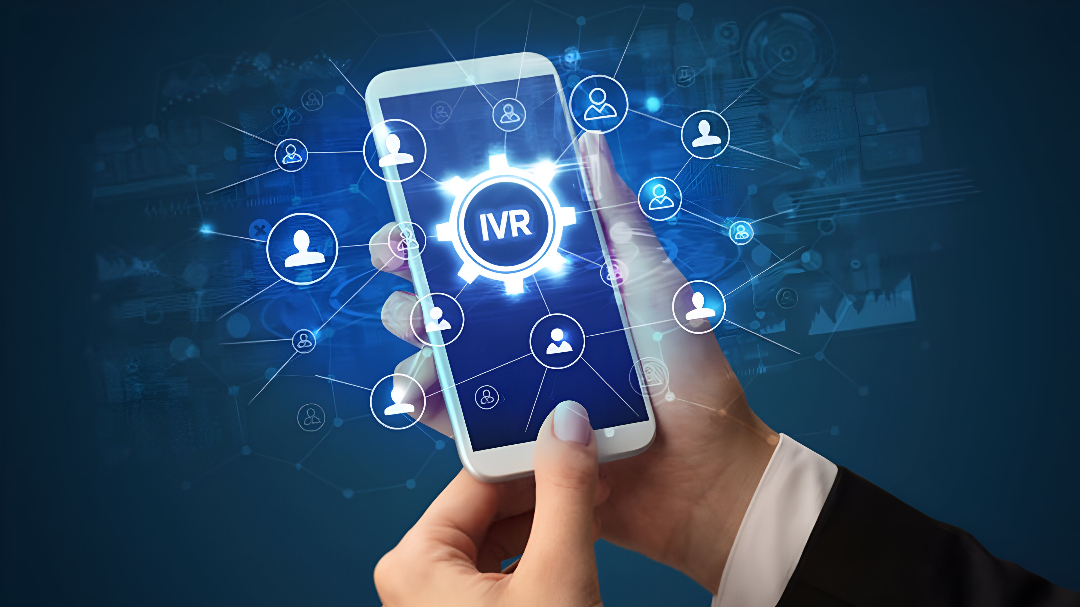
To truly gauge the success of your ASR-powered IVR, moving beyond basic “uptime” metrics is crucial. The real proof of value lies in how the technology strengthens your bottom line.
The following checklist measures this impact, actively driving your business forward:
1. Intent Recognition Accuracy
It ensures the ASR system correctly interprets customer requests.
- How to track it: Monitor the accuracy of the system’s recognition of customer intents.
- Goal: High accuracy results in reduced call transfers and fewer customer frustrations.
2. Call Containment Rate
This Measures how effectively the IVR handles calls without needing human intervention.
- How to track it: Calculate the percentage of calls resolved entirely by the IVR system.
- Goal: A higher containment rate indicates greater efficiency and lower costs.
3. First-Contact Resolution (FCR)
This can track whether customers’ issues are resolved during their first interaction with the IVR.
- How to track it: Track calls where the issue was fully addressed by the IVR, without escalation to an agent.
- Goal: Fewer repeat calls and increased customer satisfaction.
4. Customer Satisfaction (CSAT)
It directly reflects how happy customers are with the IVR experience.
- How to track it: Use post-interaction surveys (CSAT) to assess customer sentiment.
- Goal: A higher CSAT score means customers find the ASR-driven IVR experience fast, easy, and effective.
5. Operational Efficiency (Agent Productivity)
This tracks how much time agents spend on routine tasks versus complex issues.
- How to track it: Measure Agent After-Call Work (ACW) and Average Handle Time (AHT).
- Goal: A reduction in ACW and AHT indicates that the IVR is efficiently managing more calls, freeing up agents for higher-value tasks.
6. Cost Savings & ROI
It can help businesses quantify the financial impact of implementing ASR in IVR.
- How to track it: Calculate cost savings per transaction and total savings from reduced staffing.
- Goal: Demonstrating a clear Return on Investment (ROI) by automating routine tasks.
These metrics tell you what’s working, but context tells you why. But where can you measure ASR success in practice? Let’s explore how various industries are using automatic speech recognition for IVR.
Business Applications of Automatic Speech Recognition for IVR
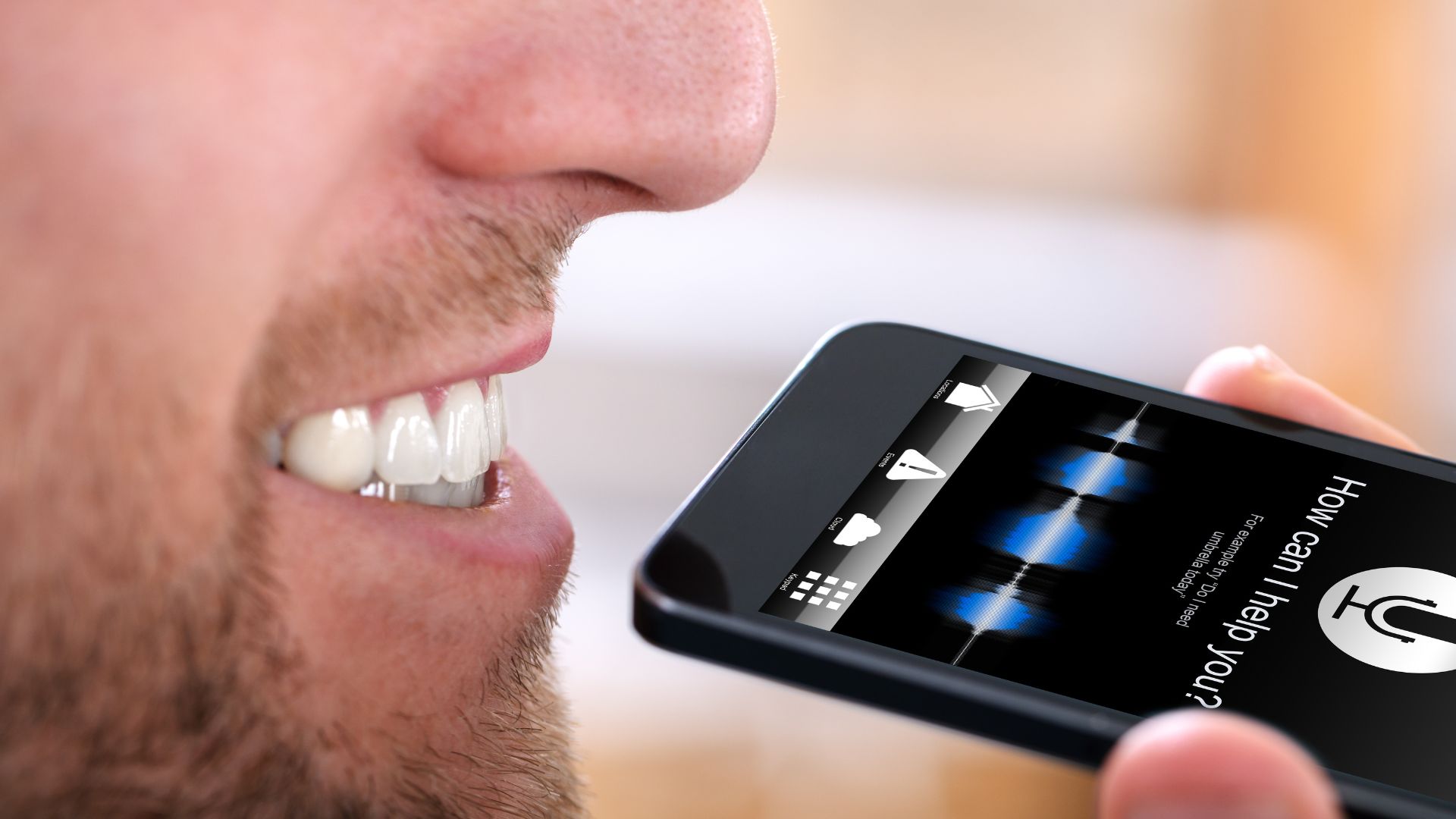
Businesses are adopting ASR-powered IVRs to optimise resource allocation and lower overhead. Below is a table that highlights the key use cases across multiple sectors:
| Industry | Use Case | Business Benefit |
|---|---|---|
| Retail & E-commerce | Automated Order Status and Tracking | Amazon uses ASR technology in its IVR systems, enabling customers to inquire about their order status using natural language. Instead of waiting for a human agent, customers can simply ask, “Where is my order?” |
| Financial Services | Secure Voice Authentication & Transaction Processing | Uniphore, a Chennai-based company, provides voice biometrics solutions for various sectors, including banking. |
| Telecommunications | Self-service Management | Airtel‘s automatic speech recognition (ASR) models enable the company to accurately understand language in its operations, enhancing service for both agents and consumers. |
| Healthcare | Appointment Scheduling and Medical Queries | Hospitals like Apollo 24|7 have integrated voice assistants powered by ASR to assist patients in scheduling appointments, refilling prescriptions, |
| Utilities | Billing Inquiries & Service Requests | Airtel’s collaboration with NVIDIA led to the development of an algorithm that interprets customer queries, including billing-related questions. |
| Insurance | Better Customer Service | Policybazaar has partnered with the Indian Institute of Science (IISc) to develop advanced ASR algorithms. These algorithms enable the company to analyze millions of conversations between customers and advisors. |
The potential of ASR is immense, but its implementation isn’t without hurdles. To ensure a successful deployment, it’s crucial to anticipate and plan for the key challenges ahead.
Read Also: Top Challenges Faced in IVR Systems and How to Overcome Them
How to Deal With Challenges for ASR-Related IVR Systems?
Okay, we’ve talked about the upside of ASR. Now for the reality check. To get this tech working right, you need to be aware of the tricky parts.
Think of this as your heads-up on what to expect, so you can tackle it head-on. So, here’s a list of challenges and solutions your business needs to be aware of:
Challenge 1: Handling Accent Variations and Background Noise
ASR systems may struggle to accurately transcribe speech from different accents or in noisy environments. This includes busy call centres or mobile calls.
- Solution: Invest in high-quality noise-cancelling technology and tune your ASR system to understand regional accents and dialects.
Challenge 2: Adapting to Diverse Language and Speech Nuances
Every industry and region has its unique terminology, jargon, and phrasing that can confuse ASR systems.
- Solution: Customise your ASR system with industry-specific vocabularies and regularly update language models.
Challenge 3: Ensuring Data Security and Privacy
Voice data contains sensitive information, and there are stringent regulations around customer data protection (e.g., GDPR, HIPAA).
- Solution: Implement data encryption and redaction measures, alongside clear consent protocols, to ensure that customer data is secure.
Your businesses should take action today to be better positioned to scale operations.
If you’re using Speech-to-Text powered by ASR, your IVR can accurately convert voice interactions into text, enabling smarter call routing.
This can lead to reduced wait times and improved customer satisfaction. To get started, explore how Reverie’s Speech‑to‑Text API can enhance your IVR system.
Final Thoughts
So, where does this leave us? The conversation about customer service is shifting from “How fast can we answer?” to “How well can we understand?”
We’ve moved beyond the era of clunky menus; the new standard is a conversational experience that respects your customer intelligence.
Reverie’s Speech-to-Text (STT) API offers a robust solution for integrating voice recognition into Interactive Voice Response (IVR) systems. It supports real-time transcription in 11 Indian languages, enabling multilingual interactions.
The API includes features like keyword spotting and profanity filtering, ensuring accurate and appropriate responses. Additionally, it provides sentiment analysis to gauge caller emotions, enhancing customer experience. With flexible deployment options and comprehensive documentation, businesses can easily integrate and scale their IVR systems.
Ready to build an automatic speech recognition for IVR that actually listens? Sign up with Reverie to get started, and begin by exploring the capabilities of our Speech-to-Text API.
FAQs
1. How does ASR improve the customer experience in IVR systems?
ASR allows customers to interact with the IVR system using natural language instead of relying on rigid button presses. This results in faster, more intuitive interactions, reducing frustration and improving satisfaction.
2. What are the main benefits of integrating ASR into IVR systems?
ASR enhances IVR by reducing call times, improving call routing accuracy, automating customer requests, and reducing the need for human agents. It also allows businesses to scale efficiently while cutting costs.
3. How can ASR help businesses with compliance and security?
ASR systems can transcribe calls in real-time, which helps businesses maintain accurate, searchable records. This is essential for regulatory compliance, especially in industries like healthcare and finance.
4. What challenges should businesses be aware of when implementing ASR for IVR?
Key challenges include handling diverse accents, noisy environments, and the need for data security. However, businesses can overcome these challenges by customising ASR models, implementing noise-cancelling technologies, and complying with data privacy laws.
